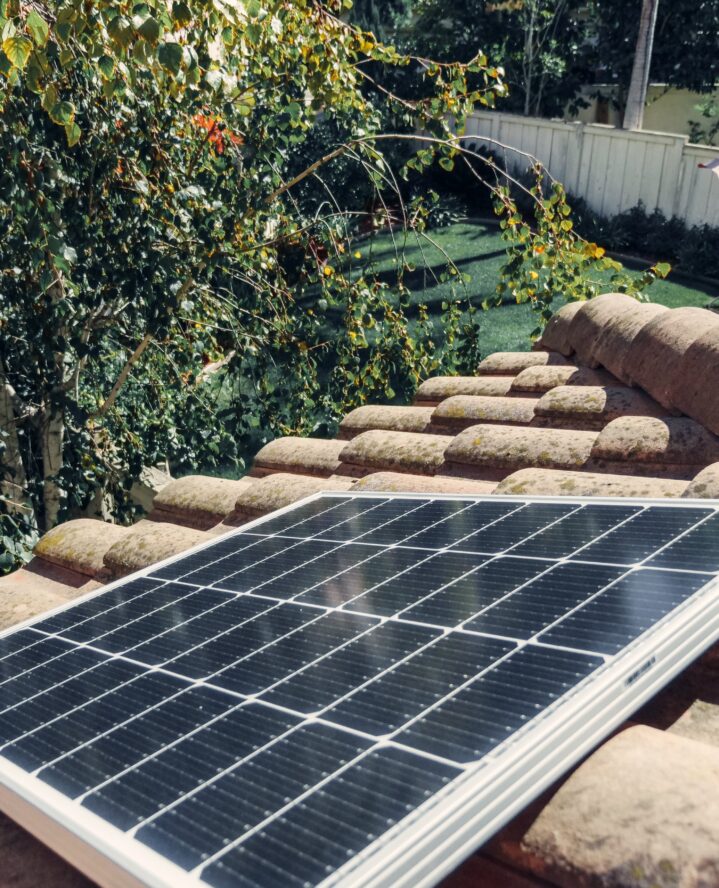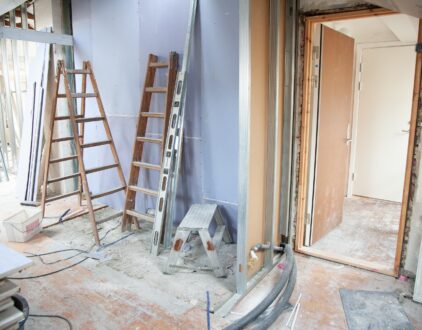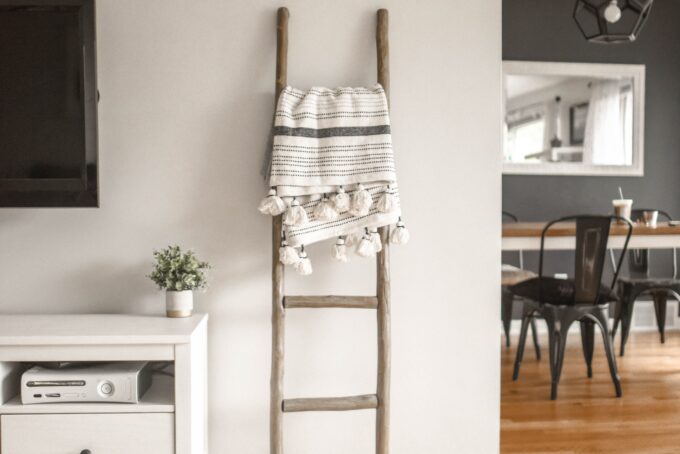Embracing clean and renewable energy sources is not a new concept. One of many ways to approach adopting greener practices as a homeowner is by installing solar panels. While it seems like a simple decision, it is important to do your research to know exactly what you’re getting into. Learn more about what they are, their benefits and even some potential drawbacks to help you decide if solar panels are the right move.
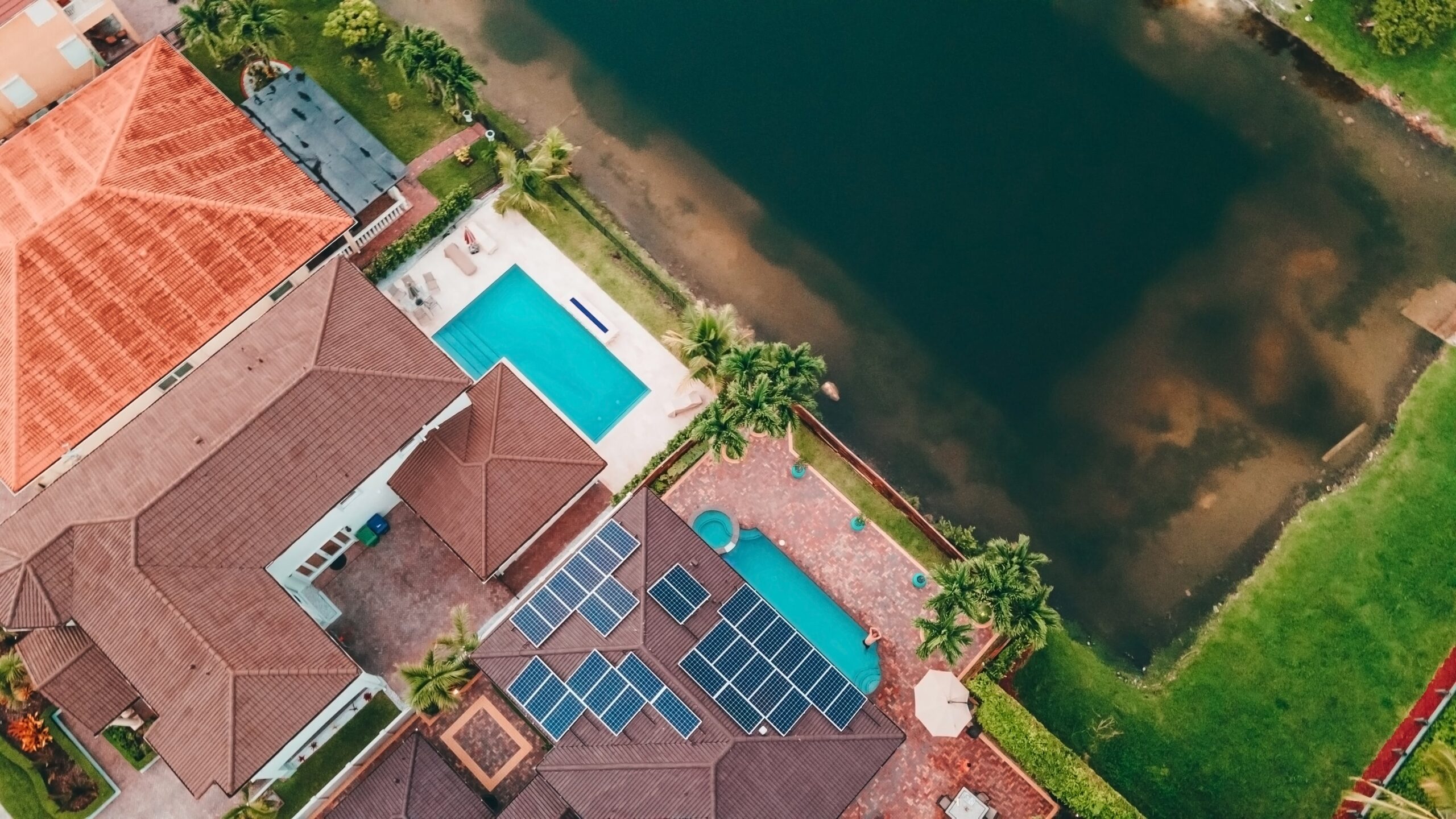
What are solar panels?
At their core, solar panels are sophisticated devices designed to capture sunlight and convert it into electricity. They are composed of photovoltaic (PV) cells, which are made of semiconductor materials, typically silicon. All that means is when sunlight hits those cells, it stimulates the release of electrons and creates an electric current. This electricity can then be used to power your home or stored in batteries for later use.
Pro: Savings on Energy and Electricity
One of the most compelling reasons to go solar is the potential for substantial energy savings. By harnessing the sun’s energy, you can generate your electricity, which can lead to significant reductions in your electricity bills over time. This begs the question, just how much can solar panels actually save you? The answer is—it depends.
In the US, a typical household spends around $125 per month on energy expenses. If your solar panel system is robust enough to completely cover your energy usage, you could experience annual savings of up to $1,500. Here’s what you might not have known: the full extent of your net savings becomes apparent over time—specifically, after several years of using them. This is when the savings on your power bills begin to offset the initial upfront costs of the panels and installation.
Considering the startup costs and, factoring in various rebates, it could take roughly eight years to break even on your solar investment, based on current average energy costs and typical energy production figures. Something to think about indeed.
Pro: Enjoy “Clean” Energy
Since solar panels are a green energy source, they don’t produce any harmful emissions—unlike fossil fuels. This makes them an obvious choice if you’re eco-conscious and looking to reduce your carbon footprint.
Pro: Tax Breaks and Rebates
The good news goes beyond saving on energy bills, you’ll also get rewarded with incentives. The US government offers a federal Investment Tax Credit (ITC) for residential solar installations. This credit allows you to deduct a percentage of your solar system’s cost from your federal taxes, and cover up to 30% of your installation costs. Beyond federal incentives, many states and local governments provide additional incentives to encourage solar adoption. These can include state tax credits, rebates, or even cash incentives. The specific offerings vary by location, so it’s worth checking with your state’s energy office or a local solar installer to see what’s available in your area.
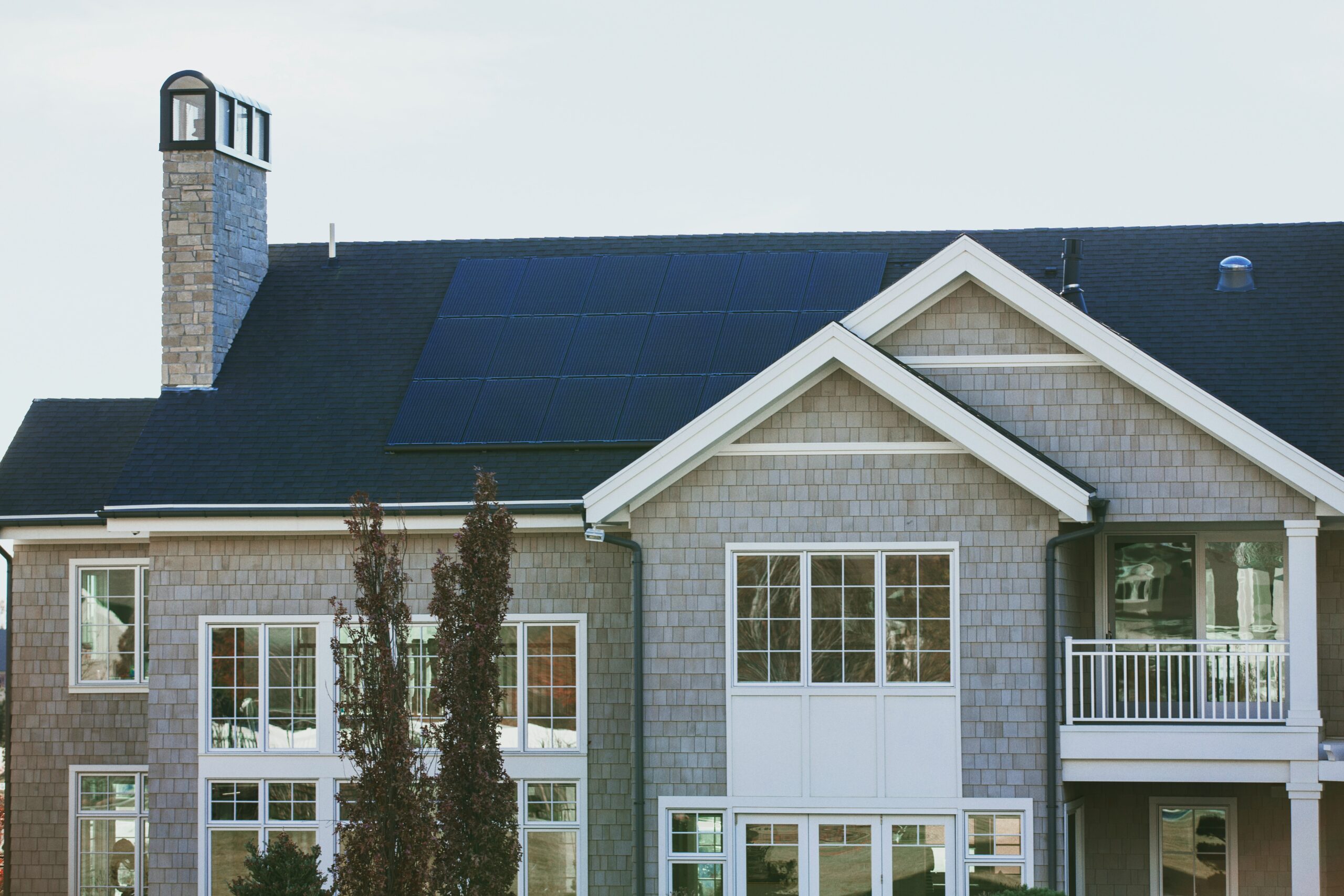
Con: Expensive Up-Front Costs
Solar system installation costs can vary significantly. For example, a smaller system may start at just $5,000, while larger, premium setups can reach up to $40,000. The average cost, including installation, ranges from $13,000 to $20,000 for a 6-kW system, with variations depending on your location.
Additionally, you have the option to incorporate solar batteries into your system, allowing you to store surplus energy for use during the night, overcast days, or during power outages. These can also vary, from emergency batteries starting at around $200 to full lithium-ion setups that can cost up to $14,000. While the inclusion of solar batteries is optional, they can enhance long-term savings based on your specific household needs.
On the bright side, solar panels themselves are relatively low-maintenance and have a typical lifespan of approximately 25 to 30 years before experiencing a gradual reduction in efficiency. As long as the system remains clean and undamaged by external factors, you can expect minimal additional expenses beyond the initial setup costs until it’s time to replace the panels.
Con: Somewhat Location-Dependent
The efficiency of solar panels is closely tied to the amount of sunlight your location receives. If you live in an area with frequent cloudy or rainy days, the return on investment may be lower.
popular posts
Home

Here's What the Tesla Bot Could Mean for Your Home Chores
by Melody Beuzelin | December 28, 2023

Stay Cozy at Home This Season With These 6 Stylish Fall Throws
by Melody Beuzelin | August 30, 2023
Spaces
Whether it’s luxury or ease, every area of your home should be as fabulous and unique as you.
New To Composting? Here's the Ultimate Guide To Getting Started
by Melody Beuzelin | November 1, 2023
FOLLOW ALONG ON INSTAGRAM
#homeandtexture
Find us on social for more home inspiration where culture, personal style, and sophisticated shopping intersect to help you create a home where you love to live.
